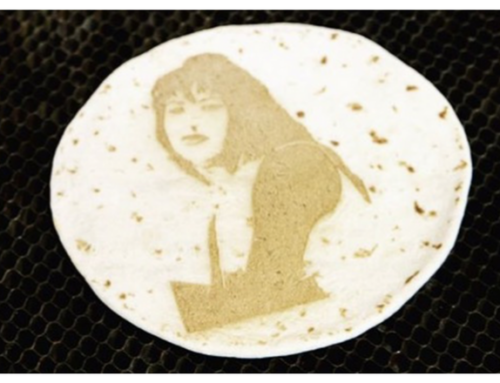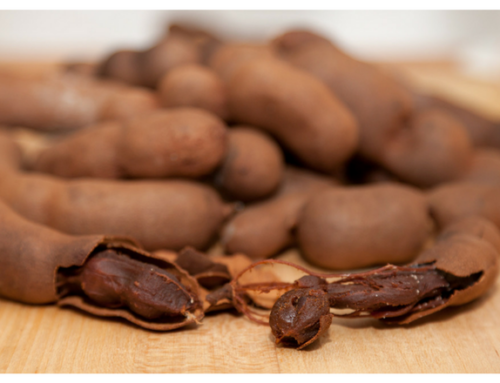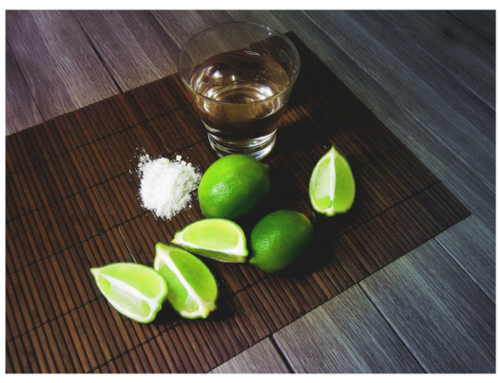When Alicia Maher was growing up in Santa Ana, El Salvador's second largest city, she probably never imagined that her love of her country's and her family's food and its traditions would one day take her across the world, all the way to China.
Yet that's exactly where Maher found herself in May of this year, when she was awarded Gourmand International's 2014 award for Best First Cookbook at the organization's annual Cookbook Fair, which was held in Beijing. Maher was the first Central American to receive the award, validation, it seemed, of Maher's belief that her cookbook, Delicious El Salvador, filled a void in food publishing. “I wrote and published Delicious El Salvador to rescue, protect, and preserve the true culinary traditions from El Salvador for the millions of Salvadoran descendants in the U.S. and the world, and for cooks everywhere,” she said.
Despite the growing number of Salvadoran immigrants in the U.S., (there are nearly two million who live here now and the growth rate outpaces that of most other Latin American immigrants) Salvadoran food remains relatively unknown for most Americans, even other Latin groups. Latin food lovers may know pupusas, El Salvador's national dish, but they'd likely be hard-pressed to name any other Salvadoran favorites.
Maher, who now lives in California, intends to change that, not only through her cookbook, but also through her blog and, eventually, her own Salvadoran restaurant, where, she says, she wants to serve “simple, fresh, and excellent food, just like my grandmother cooked for us.”
Maher's earliest memories are tied to that family matriarch and the kitchen over which she presided. “When I was six or seven,” she recalls, “I would wake up to the smell of homemade egg bread that my grandmother had baked in the brick oven.” That memory, and the sensory experiences of her childhood remain imprinted in Maher's consciousness and are what inspired her to share 75 recipes in her cookbook, as well as the recipes and stories she posts on her blog.j
Many of those memories involve holidays and food. “In El Salvador, like other parts of the world, food and holidays are intrinsically related to one another,” she says. “Torrejas is a dish that almost everyone associates with the celebration of the Easter holiday. After a week of praying and abstinence, people all over the country indulge in this sweet and delicious dessert.” The recipe for torrejas in sugar and cinnamon syrup is one of seven desserts featured in Delicious El Salvador.
Next, exploring El Salvador with Alicia Maher… [pagebreak]
“Another holiday and ritual is the Dia de la Cruz, or 'Cross Day,'” Maher explains. “The ritual of honoring the cross…it celebrates the arrival of the rainy season and the birth of the new agricultural cycle. The cross is made from the native jocote tree and is decorated with colorful paper tissue flowers, and seasonal fruits like coconuts, oranges, mangoes, cashews, avocados, and jocotes. The neighbors visit each other to honor and pray to the cross, and to eat a piece of fruit or two. I love this particular celebration because it showcases the variety of fruits El Salvador produces.”
Fruits, fresh vegetables, and herbs are all staples in the Salvadoran kitchen, featured in dishes such as red bean and vegetable soup and the sofrito-style bases upon which beef patties in light tomato gravy and shrimp with tomato, bell pepper, and onion are made. In her cookbook, Maher takes these and other traditional Salvadoran recipes and makes them as accessible as possible to an American audience, ensuring that the ingredients will be easy to find in a reader's local supermarket and that the prep work and time involved aren't overly demanding for busy home cooks.
Now that the cookbook is done and on shelves, Maher can focus on developing her blog, also called Delicious El Salvador, which she launched in January 2013 as an extension of the book. “I have pretty much done it all by myself,” she says, about building the blog from scratch, “and I am still learning.”
What the site may lack in technical polish, it makes up for in enthusiasm, and Maher says she looks forward to taking the blog to the next level. As Maher realizes her goals of introducing a new audience to the food she knows and loves, she expects the site will grow and be used as a resource for people who are eager to try food that is unfamiliar to them. But she also wants Delicious El Salvador to be a resource of Salvadoran culture, generally.
“I want to write more articles about archaeology, ecology, [and] travel,” she says, “and how these topics relate and fit into the context of food. I also want to have guest bloggers. I know so many fascinating and educated people who can add a lot to my blog.” For now, Maher is pleased with her accomplishments, though she has no intention of resting on her laureles. “I have no idea how I do it all; thank God for the energy and the practice of a healthy lifestyle that includes good homemade Salvadoran food. I love living and enjoy every moment,” she says.


![Making Mealtime Matter with La Familia: Easy Sofrito [Video]](https://thelatinkitchen.com/wp-content/uploads/2015/10/sofrito-shutterstock__0-500x383.jpg)
![Easy Latin Smoothies: Goji Berry Smoothie [Video]](https://thelatinkitchen.com/wp-content/uploads/2015/12/goji_berry-shutterstock_-500x383.jpg)
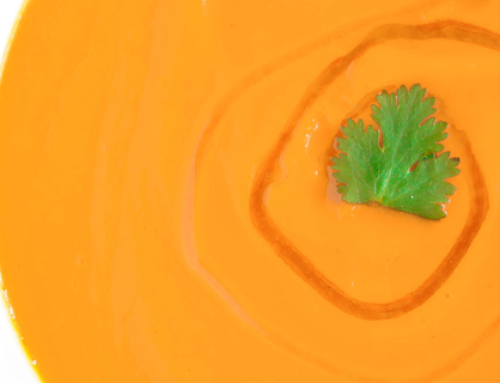





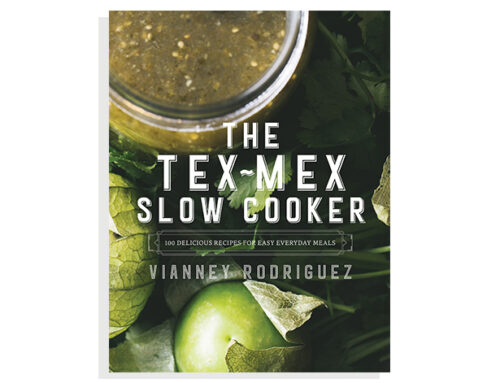
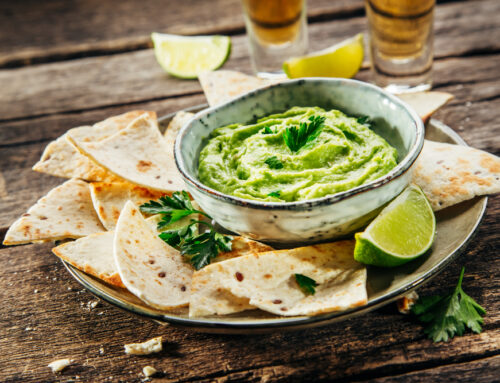

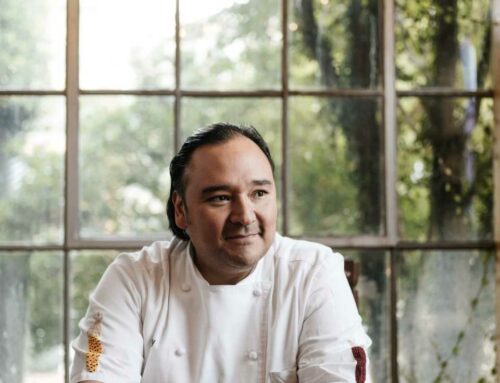
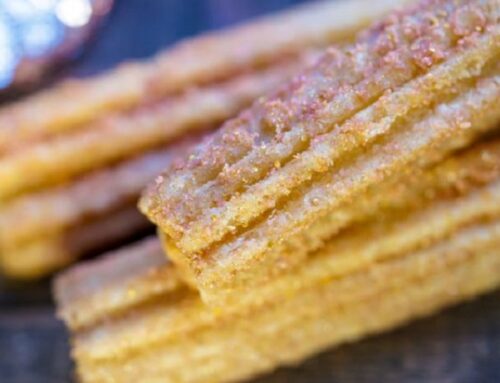
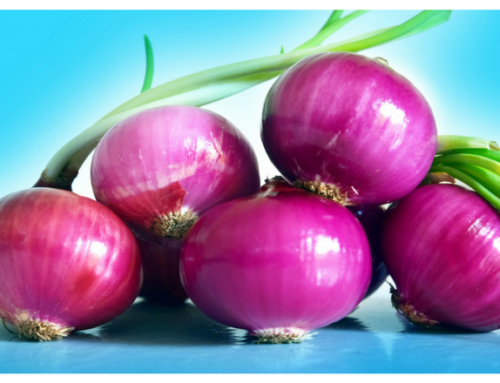




![Fun and Fast Recipes: Fiesta Cabbage Salad [Video]](https://thelatinkitchen.com/wp-content/uploads/2015/11/fiesta_cabbage_slaw-shutterstock_-500x383.jpg)
